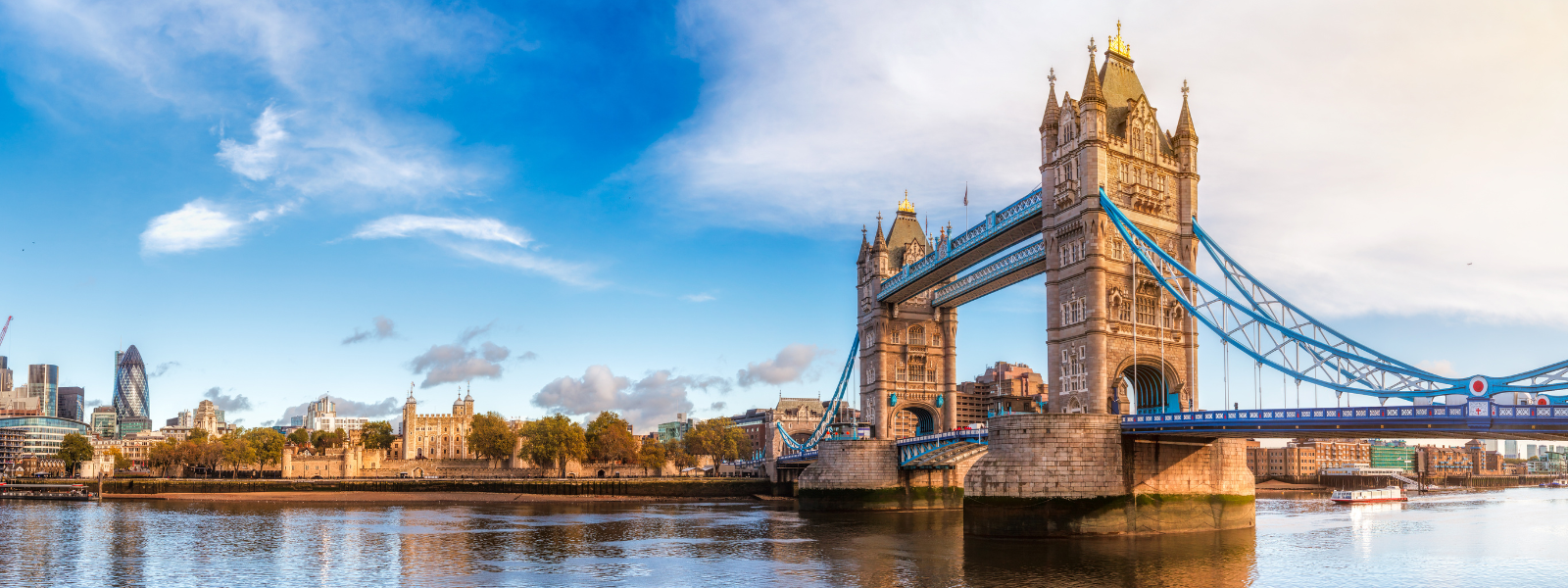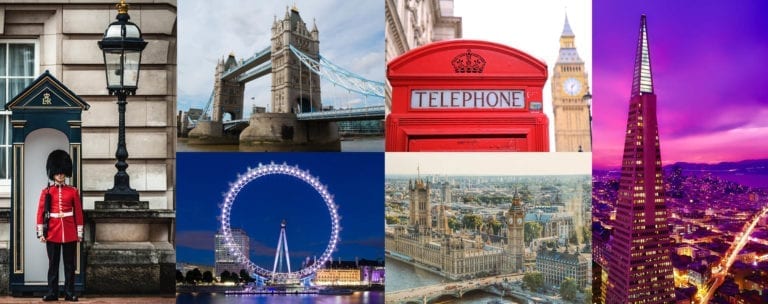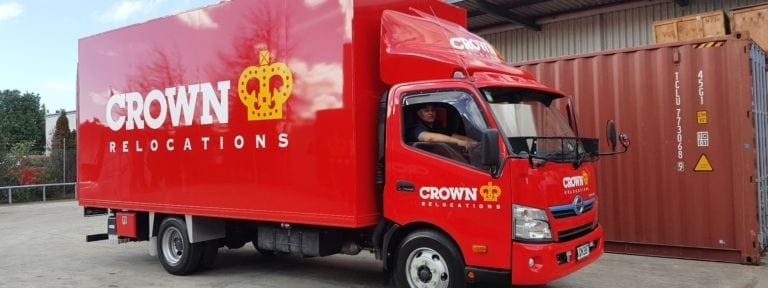Moving your family to the UK is an exciting yet complex decision that requires careful planning. With its rich history, diverse culture, and ample opportunities, the UK remains a popular destination for New Zealanders seeking new adventures or professional prospects. Whether you’re moving for work, education, or a change of scenery, it’s essential to understand the key steps involved in making a smooth transition. In this guide, we’ll cover everything from visas and housing to healthcare and cost of living, ensuring you are fully prepared for your move.
About the UK: An Overview of the Country and Working Conditions
The United Kingdom (UK) is composed of four nations: England, Scotland, Wales, and Northern Ireland, with a population of over 67 million people. Known for its rich cultural heritage and diverse society, the UK is a leading global economic centre. London, in particular, is one of the world’s most important financial hubs, while cities like Manchester, Birmingham, and Edinburgh are becoming major players in technology and innovation.
As a New Zealander, you’ll find the UK offers ample opportunities, especially in sectors like finance, healthcare, education, and technology. The UK has a relatively open labour market, with demand for skilled professionals in various fields.
Working Conditions in the UK
In the UK, the standard workweek is typically 37 to 40 hours, with many employers offering flexible arrangements, especially in technology, finance, and consulting. Hybrid and remote work have become more common since the COVID-19 pandemic.
The National Minimum Wage (NMW) and National Living Wage (NLW) are updated annually, with the National Living Wage for workers aged 21 and over set at £11.44 per hour as of April 2024. For workers aged 18 to 20, the wage is £8.60 per hour, and for those under 18 or apprentices, it’s £6.40 per hour. These rates increase yearly, with the next rise expected in April 2025. UK workers are entitled to 28 days of paid annual leave, including public holidays. Statutory sick leave and maternity/paternity leave are also part of employee rights.
UK employment law provides strong employee protections, ensuring fair treatment and safeguarding against discrimination and unfair dismissal. There’s a legal right to request flexible working hours, which is increasingly common.
The UK has a strong demand for skilled workers, particularly in IT, engineering, healthcare, and other professional sectors. New Zealanders with expertise in these fields often find ample opportunities.
Visa and Immigration Requirements
Before moving to the UK, securing the correct visa is crucial. New Zealanders generally need a visa to enter the UK, unless they have British citizenship or a special status under UK law. The most common visa routes include:
- Work Visas: If you are relocating for work, the Skilled Worker Visa is the most likely option. This visa is granted to individuals with a job offer from a UK employer in an eligible role. You can find detailed visa requirements and apply online via the UK Government’s official immigration page.
- Family Visas: If you’re joining a family member who already resides in the UK, you may be eligible for a Family Visa. The application process requires proving your relationship and meeting specific financial and residency criteria.
- Student Visas: If your children are planning to attend school or you’re pursuing higher education, a Student Visa might be necessary.
For all visa applications, it’s important to check the most up-to-date immigration rules, as regulations frequently change.
Housing: Renting vs. Buying
One of the first things you’ll need to consider when relocating to the UK is housing. While the UK has a variety of accommodation options, the decision to rent or buy largely depends on your circumstances.
- Renting: Renting is the most common option for new arrivals. Major cities like London, Manchester, and Edinburgh offer a range of rental properties. Renting provides flexibility, especially if you’re unsure about the long-term location or housing market. However, be prepared for higher costs in certain areas, particularly in London.
- Buying: If you’re looking for a more permanent arrangement, buying property may be the right choice. While house prices in the UK have surged in recent years, there are still affordable options in regional areas. The UK House Price Index provides monthly data on trends across the country.
Whichever route you choose, it’s important to research the property market and be aware of the costs involved, including deposits, fees, and ongoing maintenance.
Healthcare in the UK
The National Health Service (NHS) is the cornerstone of healthcare in the UK, providing free medical care at the point of use for residents. As a New Zealand citizen, you may need to apply for the NHS once you arrive in the UK.
- Registering with a GP: Upon arrival, one of your first steps should be registering with a General Practitioner (GP). This will grant you access to general healthcare services, including consultations, prescriptions, and referrals to specialists.
- Private Health Insurance: While the NHS covers most healthcare needs, some people choose to take out private health insurance to avoid long waiting times or for extra services not covered by the NHS.
Education and Schools in the UK
The UK has a diverse and high-quality education system. For children moving from New Zealand, there are several options to consider:
- State Schools: These are funded by the government and offer free education. They are generally of a high standard, with the curriculum regulated by the government.
- Private Schools: If you prefer smaller class sizes or a particular educational approach, private schools might be a better fit. However, they can be expensive.
Before making a decision, it’s important to understand the school catchment areas and the application process, which can differ depending on whether you are moving to England, Scotland, Wales, or Northern Ireland.
Cost of Living for NZ Expats in the UK
Relocating to the UK can be financially challenging for New Zealanders, with higher costs in certain areas. However, there are also financial advantages and opportunities.
Pros
- Higher Salaries: Many sectors in the UK, especially finance, tech, and healthcare, offer higher salaries than New Zealand, helping to offset the higher living costs, particularly in major cities like London.
- Affordable Education: Public schools (state schools) in the UK are free, and there are scholarships available for university students, making education more affordable compared to some other countries.
- NHS Healthcare: The UK’s National Health Service (NHS) provides free healthcare at the point of use, reducing out-of-pocket medical expenses.
- Job Market Opportunities: The UK offers a broad job market with many opportunities in key sectors, particularly for skilled professionals.
Cons
- High Housing Costs: Rent and property prices in London and other major cities can be extremely high, often making it difficult to find affordable accommodation.
- High Taxes and National Insurance: The UK’s tax rates and National Insurance contributions can be significant, with higher deductions from salaries compared to New Zealand.
- Living Expenses: Groceries, utilities, and transport can be more expensive, particularly in London, where public transport costs and dining out can quickly add up.
- Cultural Adjustment: The UK’s weather, particularly the frequent rain and cold winters, can be a difficult adjustment for some New Zealanders. Additionally, the fast-paced lifestyle and distance from family can lead to homesickness.
Getting Comfortable in the UK
Relocating to the UK presents an exciting opportunity for you and your family, but settling into life so far from New Zealand takes time. Embracing the local culture and getting involved in your new community will help you adapt more quickly. Just like New Zealand, the UK has a strong sports culture, from football and rugby to cricket, providing an easy way to connect with locals and feel at home.
Enrolling your children in extracurricular activities can be an excellent way to build friendships and engage with other parents. Understanding British humour, social norms, and the local way of life will also ease the transition. While it may feel overwhelming at first, the UK’s diverse and vibrant communities offer plenty of opportunities for social connection and integration.
By staying open to new experiences and making an effort to engage with the culture, you’ll soon find your rhythm in the UK. Ready to make the move? Our friendly team is here to help—contact us today for advice or request a free, no-obligation moving quote online.














































